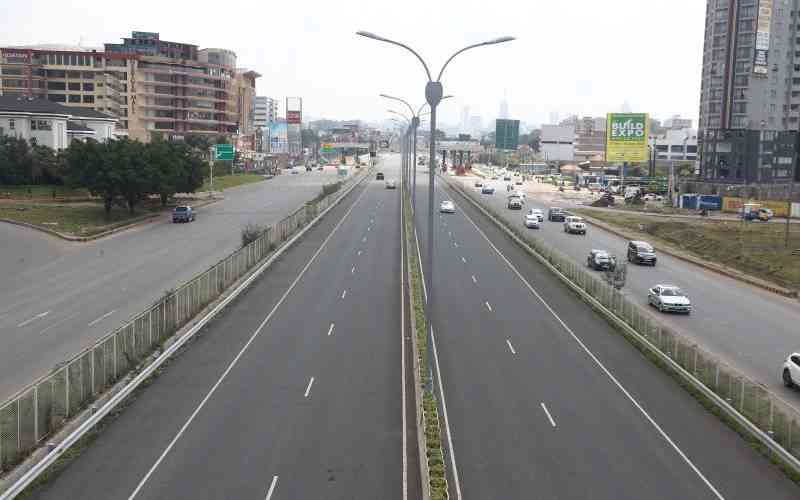×
The Standard e-Paper
Fearless, Trusted News

One of the most unsettling images from the latest public protests was that of demonstrators, in a moment of senseless frenzy, systematically topping over and uprooting the beautiful road furniture making Nairobi Expressway around Mlolongo.
By the time the daylong mayhem - called by a motley crew that included the opposition coalition - was over, pots of flowers lay broken on the road, the red earth that had once held life together turned to unwanted, dead dirt.